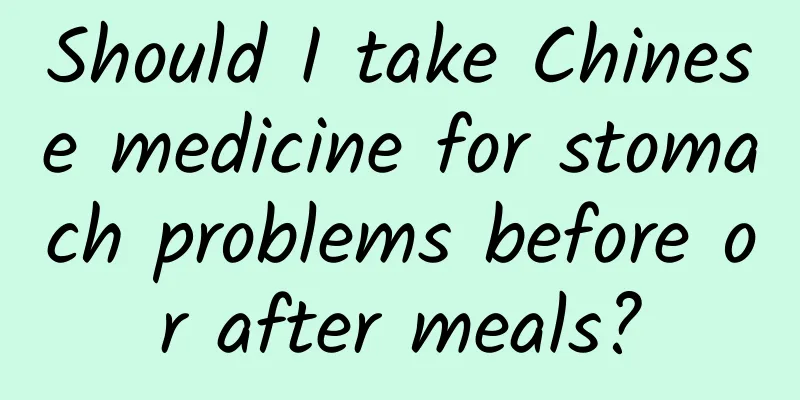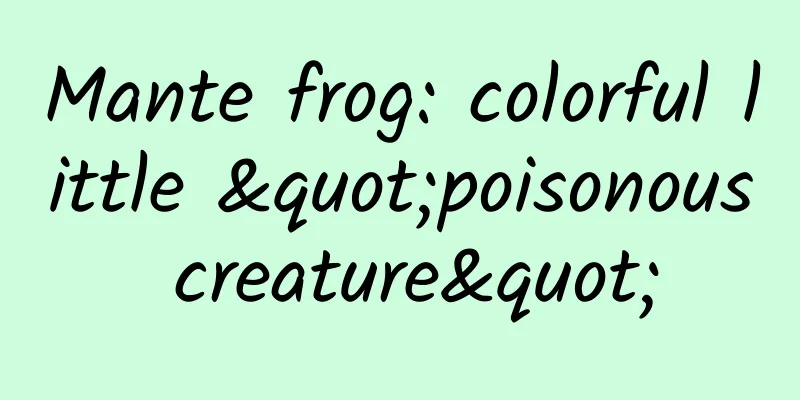Should I take Chinese medicine for stomach problems before or after meals?

|
Nowadays, people are under great pressure and have irregular work and rest schedules, which makes them prone to stomach problems. Common stomach lesions are inflammation, ulcer perforation, obstruction, cancer, stones, etc. Many people use traditional Chinese medicine for conditioning and treatment because traditional Chinese medicine is mild in nature, has little irritation to the stomach, and has fewer side effects than western medicine. Traditional Chinese medicine believes that Chinese medicine is suitable to be taken half an hour after a meal. This can maximize the efficacy of the medicine, reduce the obstruction of food on the efficacy of the medicine, and promote the intestinal absorption of the medicine. The specific time for taking the medicine should be chosen reasonably based on the condition of the disease. The time of taking medicine must be determined according to the condition and properties of the medicine. Generally speaking, tonic medicines should be taken before meals; anthelmintics and laxatives are mostly taken on an empty stomach; stomachic medicines and medicines that are more irritating to the stomach and intestines should be taken after meals; other medicines are also generally taken after meals; and Chinese medicines for sleeping should be taken before bedtime. Whether taking the medicine before or after meals, there should be a slight interval, such as about 1 to 2 hours before or after meals, so as not to affect the efficacy. Traditional Chinese medicine for treating gastrointestinal diseases is usually taken 30 to 60 minutes before meals. Because the stomach is empty, the medicinal properties are easier to reach the body, the drug solution can directly contact the gastrointestinal mucosa and pass through the stomach into the intestine more quickly, so that more of the drug is absorbed and exerts its effect, without being diluted by food in the stomach and affecting its efficacy. Generally speaking, if you have stomach problems, you should not take Chinese and Western medicine at the same time. Chinese medicine mainly has a regulating and relieving effect, while Western medicine has greater side effects. If you take both at the same time, there may be side effects, so it is best to consult a professional doctor. In addition, when taking Chinese medicine to treat stomach problems, it is not advisable to drink tea or eat carrots. The former affects absorption, and the latter affects the efficacy of the medicine. You should also pay attention to keeping your stomach warm and develop good eating habits. |
<<: What can't you eat while taking Chinese medicine?
>>: What are some nephrotoxic Chinese medicines?
Recommend
The renovated "Bird International Airport" allows birds to settle down with confidence
Before governance After governance The picture sh...
What can't be eaten with Shouwu?
Polygonum multiflorum is a common Chinese medicin...
What should I do if wild ginseng is moldy?
We all know that wild ginseng is a very precious ...
Mifepristone Tablets
Mifepristone tablets are a medicine taken by wome...
Will you become ugly if you work too long? How to say goodbye to "being ugly due to fatigue"?
Today I accidentally found my school photos. The ...
Passenger plane crashed due to bird strike, experts explain: Could it have been avoided?
On the 25th local time, an Azerbaijan Airlines pa...
Canada goldenrod is being hunted down by the entire Internet again? Not unfair! Report it immediately if you see it
Attention! Attention! It is the flowering season ...
The efficacy and function of gray nails
Diseases require improvement through medicine. Di...
The efficacy and function of Croton tiglium
Croton tiglium is a traditional Chinese medicine....
What is the principle of Cassia seed weight loss?
Cassia seed is a kind of plant Chinese medicine, ...
This bedtime habit may keep you awake!
The first thing I do when I wake up in the mornin...
Tea Science | Why do young people love drinking tea?
Oh my God, is there any way out for young people ...
8 kinds of "sprouts" you must eat in spring, if you miss them you will have to wait another year!
Everything grows in spring, and all kinds of fres...
There is a big "sausage" stuck by the water. If you dare to eat it, your mouth will be covered with frying!
In this week's "Museum Calendar", a...
The efficacy and function of camel hoof grass
Camel's hoof grass is a kind of traditional C...









